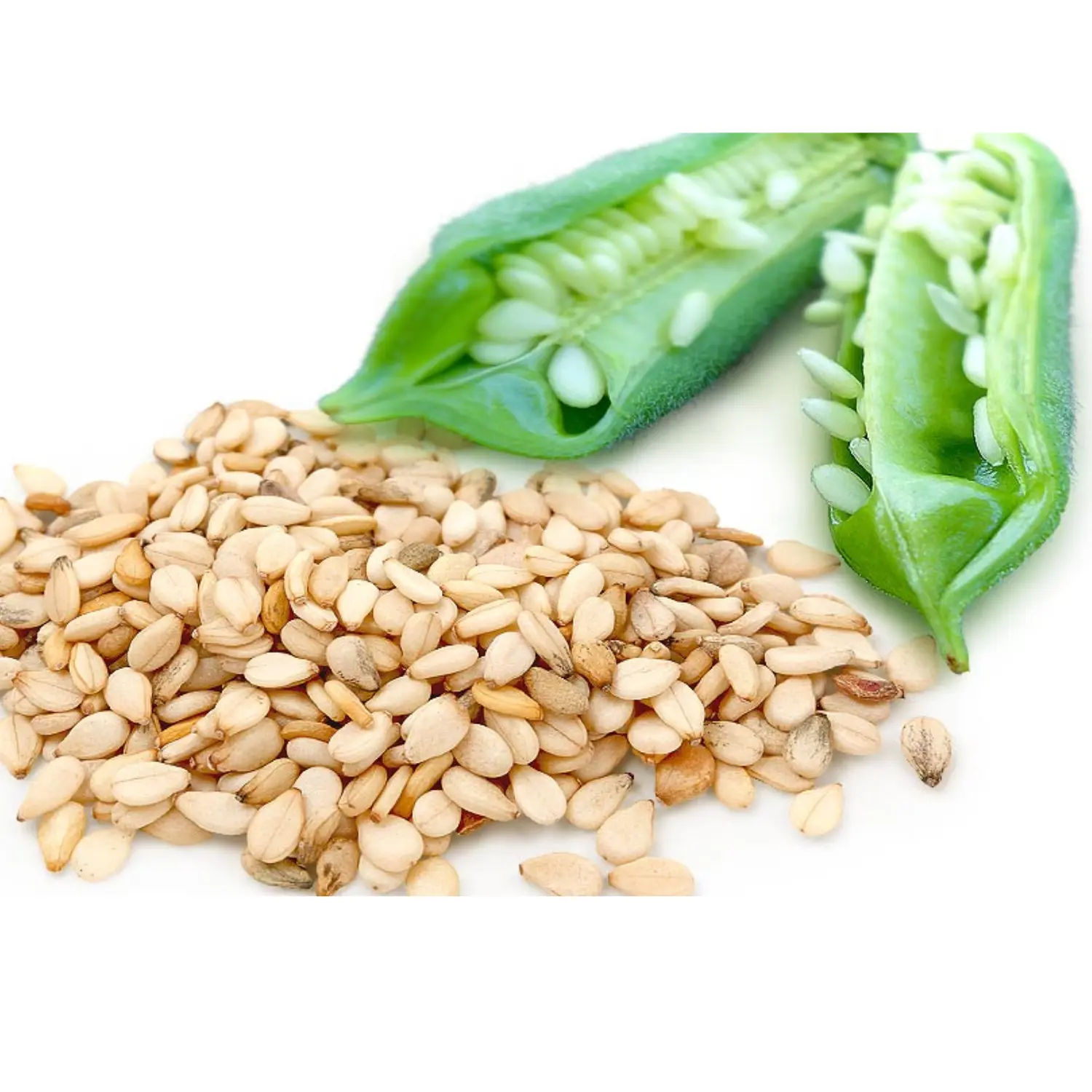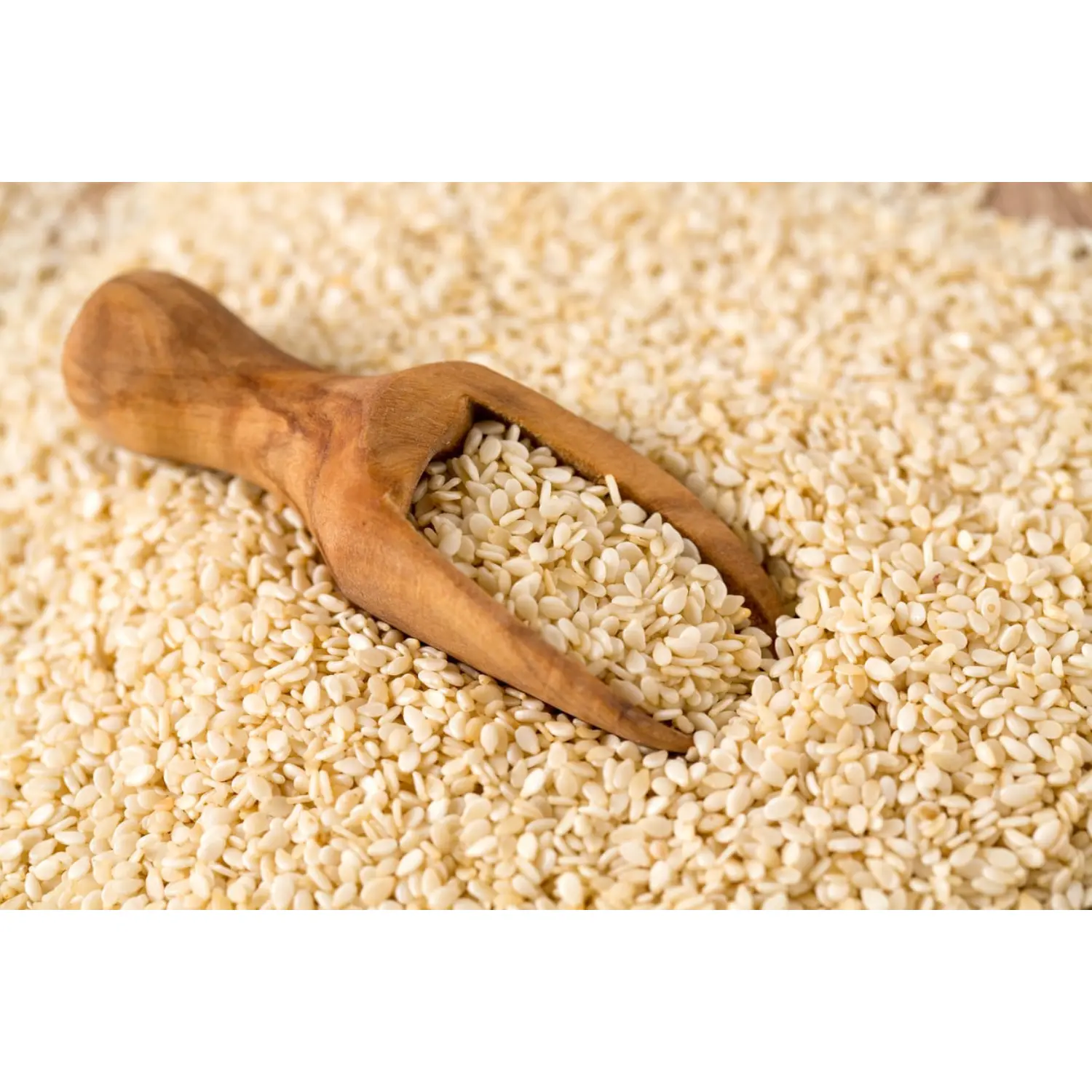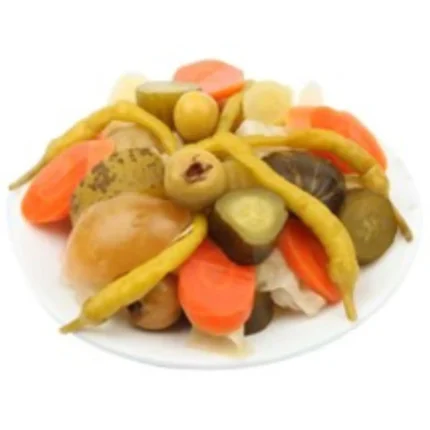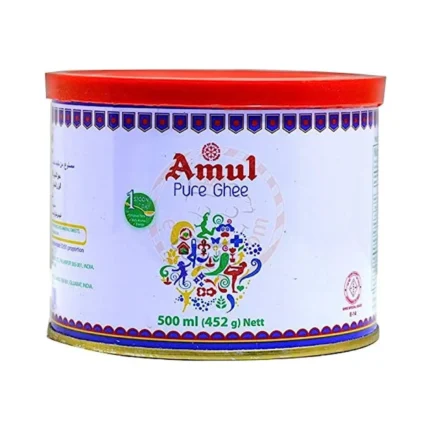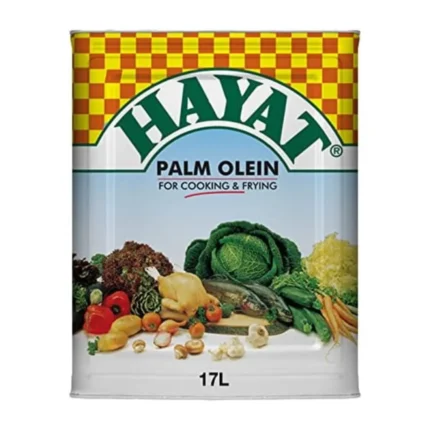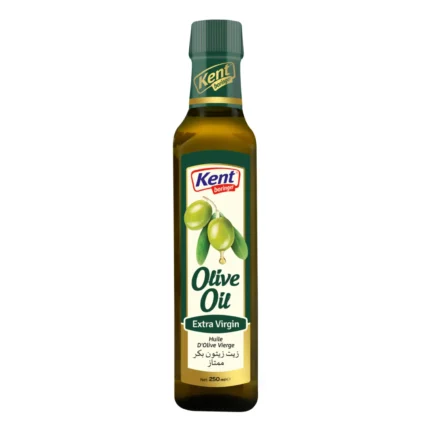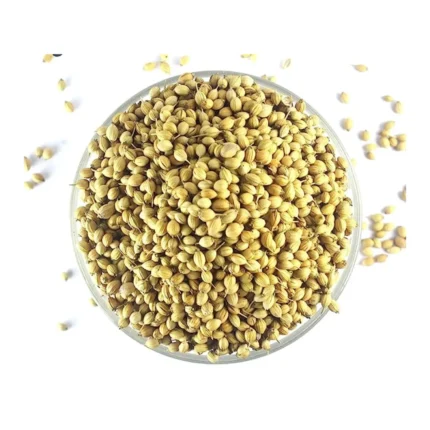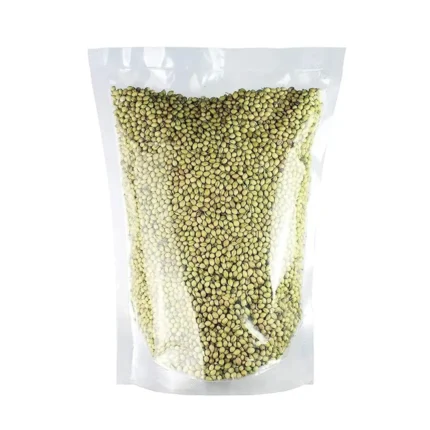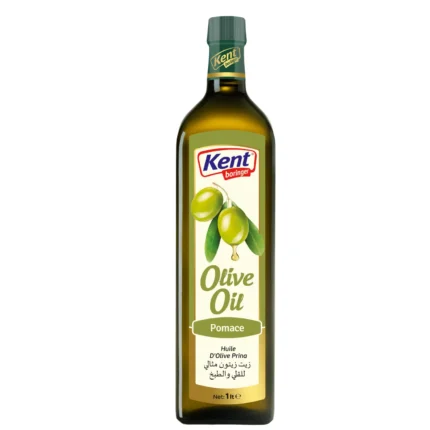Description
Sesame seeds are small, flat, and oval-shaped seeds derived from the sesame plant (Sesamum indicum). They are widely used in various cuisines around the world, especially in Asian, Middle Eastern, and African cooking. Sesame seeds come in different colors, including white, black, and brown, each with its own distinct flavor profile. Sesame seeds have a nutty and slightly sweet taste, which becomes more pronounced when toasted. They are highly versatile and can be used in both sweet and savory dishes. Sesame seeds are commonly sprinkled on bread, buns, and pastries, enhancing their flavor and providing a pleasing crunch. They are also used as a topping for salads, stir-fries, and noodle dishes. Ground sesame seeds are a key ingredient in sauces such as tahini (sesame paste), hummus, and halva. A side from their culinary uses, sesame seeds are valued for their nutritional content. They are a good source of healthy fats, protein, dietary fiber, vitamins (such as vitamin B6, niacin, and vitamin E), and minerals (including calcium, iron, magnesium, and zinc). Sesame seeds are particularly known for their high levels of antioxidants and beneficial plant compounds, which contribute to their potential health benefits.


